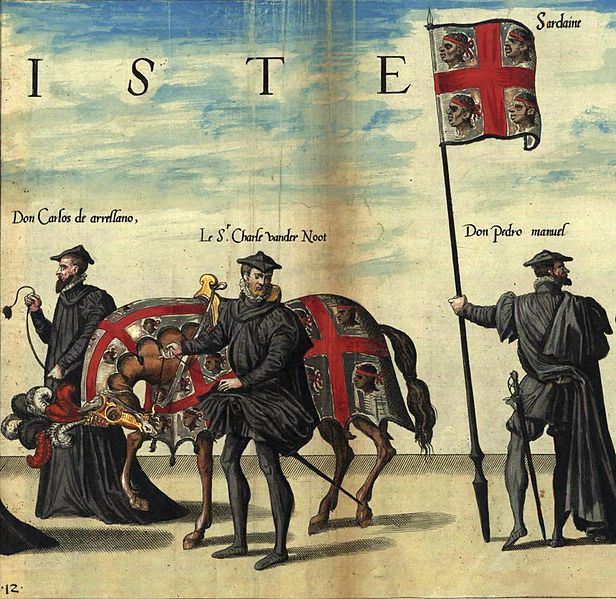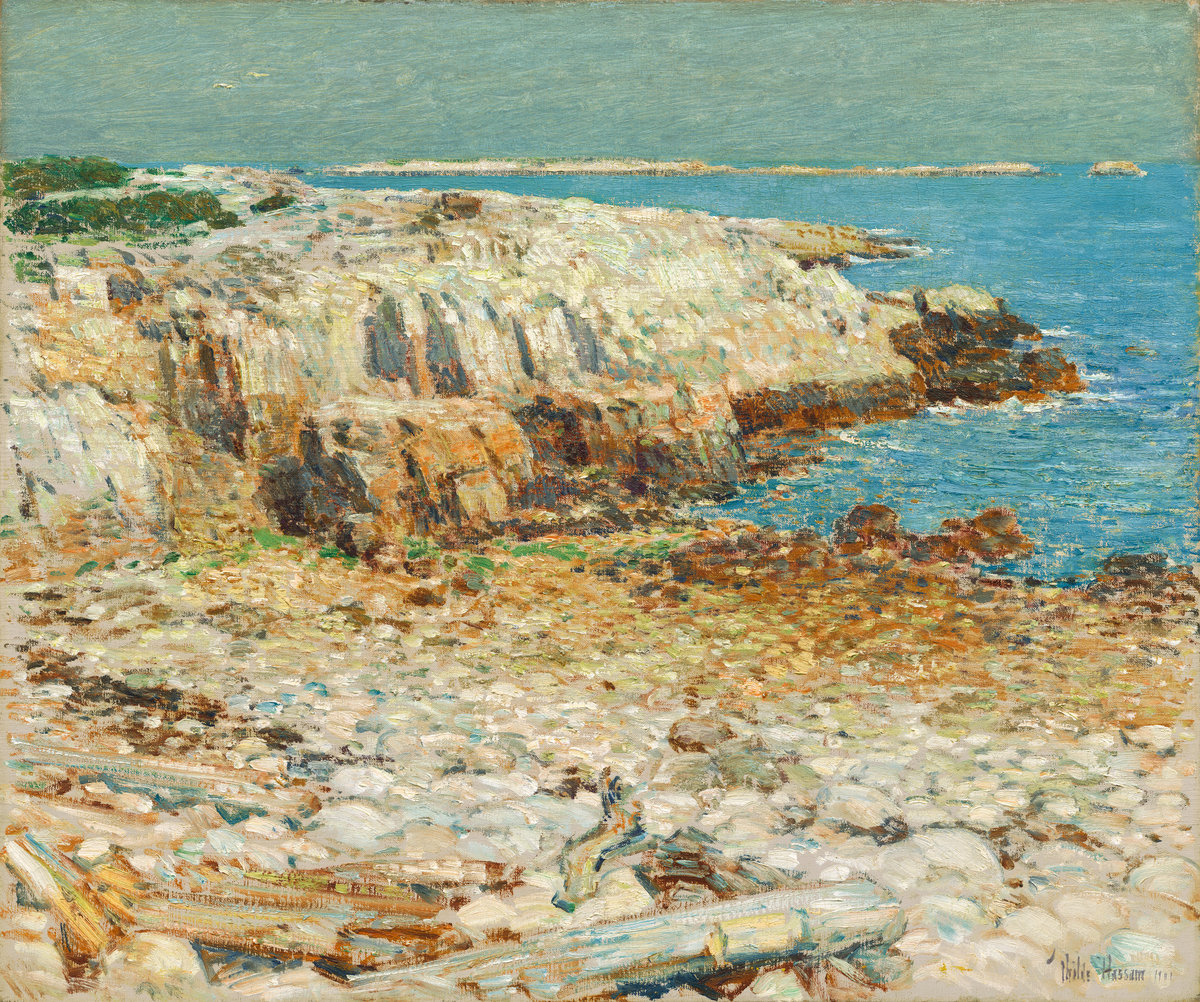
Boris Nemtsov was the unlikeliest of martyrs, and the identity of his killers remains a mystery. Relatedly, in the Monkey Cage, Maria Snegovaya argues that Russia operates like a standard petrostate: high oil prices are closely correlated with an increase in aggressive behavior. Beyond oil, what’s driving Russian revanchism?
This week Boko Haram formally pledged bayat to ISIS. But as John Campbell notes, considering Boko Haram’s highly de-centralized nature, how much does the pledge really mean?
How does the collective psychology of national humiliation affect future conflict?
If you were Sykes or Picot, how would you have divided up the Middle East? Picking up on that theme, Peter Harling and Sarah Birke take a historical look at the Islamic State and the modern Middle East. Finally, what kind of person joins ISIS?
What are the negative consequences of political forecasting, and are they worth it?
Where the United States went wrong on South Sudan. The challenges were different, but the United States also failed to leave behind a stable government in Afghanistan due to a misunderstanding of armed politics. And speaking of misguided American foreign policy, Williamson Murray slams US support for Iraqi ex-Prime Minister Nouri al-Maliki.
If women ran the world, would there be less war and violence? Dr. Melvin Konner provides an anthropological and neurological interpretation.
What’s the link between displacement, state-building, and identity politics?
How America remembers and forgets slavery.
The stories of three men, who share nothing in common except they were all killed by Cairo police on the same day.
Amnesty International is facing criticism for its close association with Islamists. Another human rights organization getting flak is B’Tselem. Can it find a nice as Israeli politics drift toward the right? Also in the Holy Land, the lack of progress in peace negotiations is leading to increased support among Palestinians for violent resistance. This time though, attackers are mostly lone wolfs.
Bangladesh is increasingly unstable, and it’s negatively affecting development.
The Guardian has a series of interview with Syrians on their views on the conflict four years on. A similarly-styled article in Matter looks at a completely different topic: how do Central American teens experience the US immigration system?
The connection between drug trafficking and violence in Africa.







